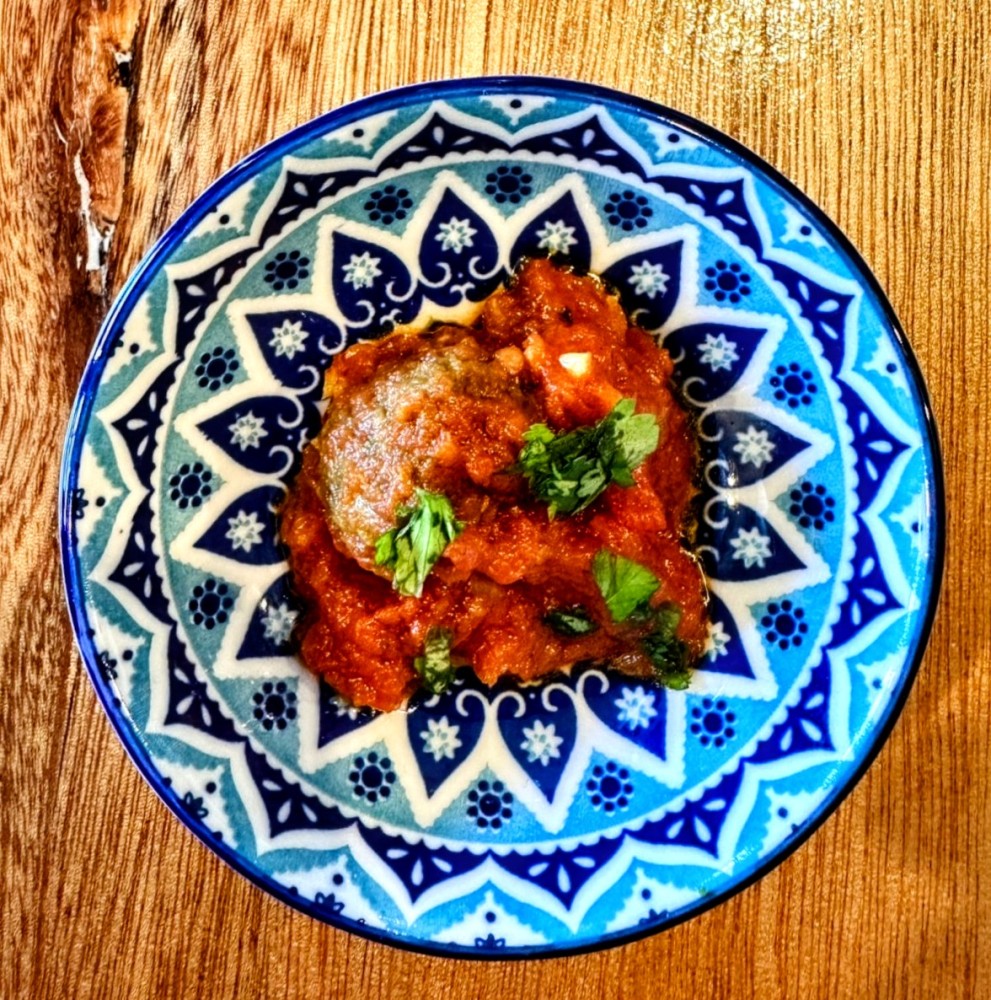Australian cultivated meat start-up Magic Valley debuted its new lamb meatballs product earlier this month.
Following on the heels of last year’s cultivated minced pork product, the company’s meatballs were showcased at an invitation-only tasting event in North Melbourne.

Magic Valley – which recently announced a new pilot facility to scale production of its products – says it uses ‘induced pluripotent stem cells’ (IPSCs) to create “real” lamb without any harm to any animal. The start-up claims a single source of IPSCs can enable limitless self-renewal, or an endless and continued reproduction of the cells needed for the creation of large volumes of end product.
In an interview with Future Alternative, Magic Valley Founder & CEO Paul Bevan said feedback from the Melbourne tasting event was overwhelmingly positive, with many attendees saying that they were pleasantly surprised by how closely the meatballs resembled traditional lamb in both flavour and texture.
“This initial response is highly encouraging as it validates our efforts in developing a product that meets consumer expectations in taste and quality while aligning with our sustainability goals,” said Bevan.

Regarding the potential impact of the tasting event, Bevan said it was multifaceted.
“Firstly, [the tasting] serves as a powerful demonstration of the viability and appeal of cultivated meat products. It’s a significant step in introducing consumers to cultivated meats and in building public trust and interest in this innovative technology.
“We anticipate that this event will spark further curiosity and open up more dialogues about the potential of cultivated meats in transforming our food systems.”
The event’s timing came shortly after Meat & Livestock Australia (MLA) dropped a new ad featuring ex-footballer Sam Kekovich trying to bridge generational gaps over a shared love of meat, particularly Australian-raised lamb chops. In a recent op-ed by Food Frontier, the think tank notes that if a fraction of the ad’s cost were invested in a company like Magic Valley, Australians of all ages could indeed be united by a truly Australian product (cultivated lamb).

In response to the MLA ad, Bevan spoke about how cultivated meat players can recapture the narrative amid powerful marketing efforts by the traditional livestock industry.
“In the face of traditional meat marketing, it’s crucial for local players in the cultivated meat industry to emphasise the unique benefits of our products. This includes focusing on sustainability, animal welfare, and the technological innovation that drives our industry.
“Storytelling will be key – we need to connect with consumers on both an emotional and ethical level, showing how cultivated meat aligns with modern values without compromising on taste or tradition.”
Bevan also expressed his views on the potential impact of the anticipated approval of Vow’s cultivated quail product this year in Australia, which would add the country to the three (the US, Singapore, and Israel) that have approved a cultivated product for commercial sale.
“When the first cultivated meat product gets approved in Australia, it will be a landmark moment for the entire industry, both locally and globally. It will pave the way for wider acceptance and regulatory approval of additional cultivated meat products.
“This development will likely stimulate investment and innovation in the sector, benefitting all companies in the industry. On a global scale, it will position Australia as a leader in this space, influencing global trends and potentially accelerating the adoption of cultivated meats worldwide.”
A recent study indicated that the global cultivated meat ingredients market is undergoing a “transformative shift” and will see significant growth over the next five years.
In addition, novel meat products were officially endorsed by the UN for the first time last December as a potential means to reduce greenhouse gases (GHG) produced by the global food system.
However, growing momentum in the industry is setting off political clashes in various countries such as France and Italy, whose governments view cultivated products as an existential threat to their respective traditional livestock industries.
To stay up-to-date on the latest industry headlines, sign up to Future Alternative’s enewsletter.
Posted on:


